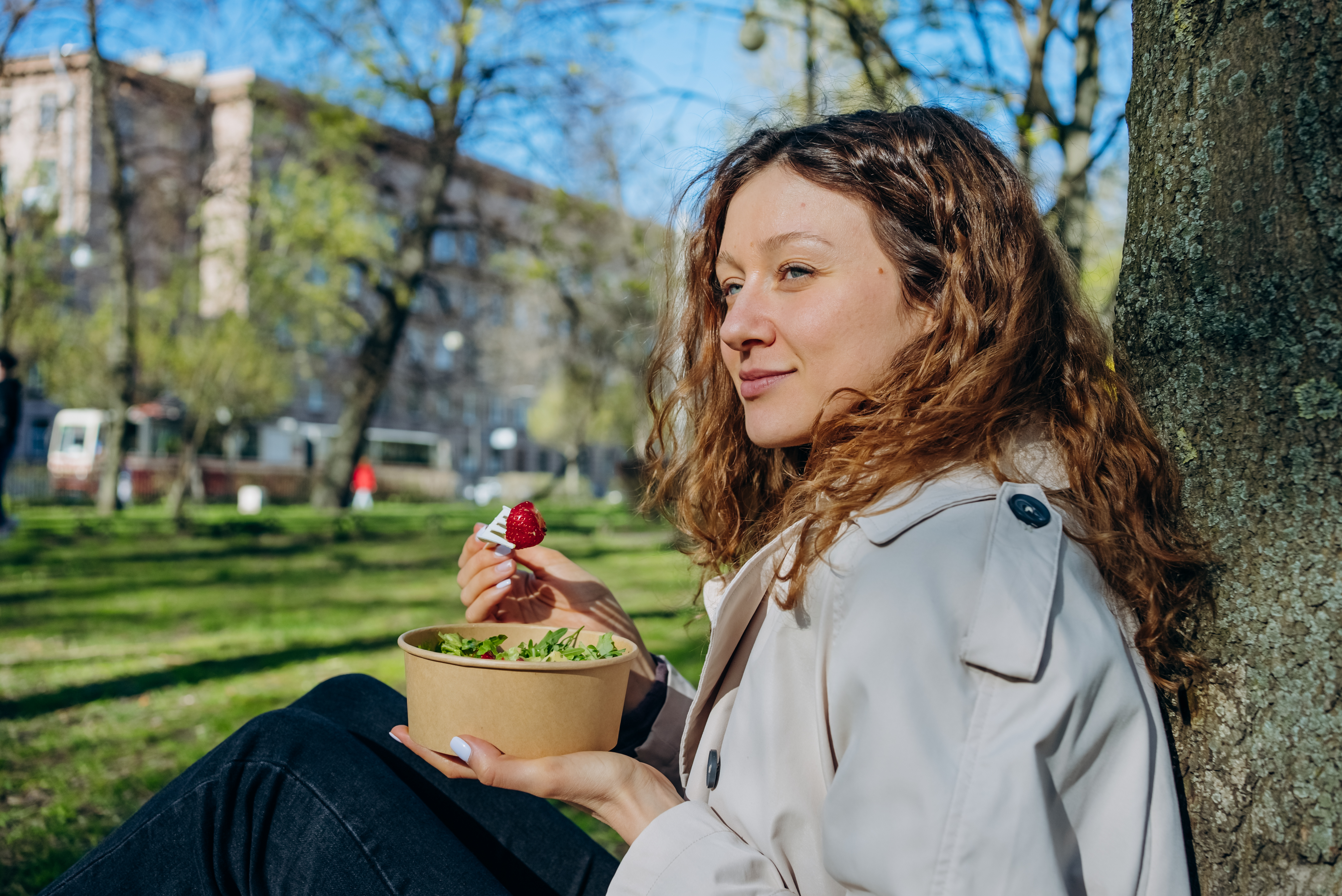
Why Traditional Diets Fail Emotional Eaters and What to Try Instead
Traditional diets promise quick fixes, but they often crumble under the weight of emotional eating. Sound familiar? If you’ve ever turned to food for comfort, only to feel trapped in a cycle of guilt and restriction, you’re not alone. This isn’t about willpower—it’s about finding a path that understands your emotional needs. In this blog, we’ll explore why conventional dieting falls short and introduce you to a compassionate, non-diet approach that nurtures self-love and food freedom. Ready to transform your relationship with food? Let’s begin. For more insights, visit this article.
Why Traditional Diets Fail Emotional Eaters and What to Try Instead
Traditional diets promise quick fixes, but they often crumble under the weight of emotional eating. Sound familiar? If you’ve ever turned to food for comfort, only to feel trapped in a cycle of guilt and restriction, you’re not alone. This isn’t about willpower—it’s about finding a path that understands your emotional needs. In this blog, we’ll explore why conventional dieting falls short and introduce you to a compassionate, non-diet approach that nurtures self-love and food freedom. Ready to transform your relationship with food? Let’s begin.
Why Traditional Diets Fail

Traditional diets often promise rapid weight loss but fail to address the underlying emotional needs that drive eating habits. For emotional eaters, these diets can exacerbate feelings of deprivation and lead to cycles of binge eating. Let’s delve deeper into why these diets frequently fall short for emotional eaters.
The Emotional Eating Cycle
Emotional eating is a coping mechanism where individuals use food to manage feelings like stress, sadness, or boredom. This cycle typically starts when emotions become overwhelming, leading to eating as a form of temporary relief. Unfortunately, this relief is short-lived, often replaced by guilt.
Emotional triggers lead to eating.
Momentary relief is followed by regret.
The cycle repeats, leading to more emotional distress.
This cycle highlights the need for emotional healing, which traditional diets rarely address. By focusing solely on food restrictions, these diets overlook the emotional aspects, leaving individuals stuck in this unhelpful cycle.
The Role of Restriction
Restrictive diets limit food intake, which can be especially challenging for those with emotional eating habits. Such diets can result in feelings of deprivation, making it harder to resist cravings.
Restriction leads to increased food cravings.
Cravings often result in binge eating episodes.
Binge eating reinforces the cycle of emotional eating.
By prioritizing restriction, traditional diets can inadvertently worsen binge eating patterns. This approach fails to consider the emotional components that drive eating behaviors, making them ineffective for those needing emotional healing.
A New Approach to Food

Breaking free from the cycle of emotional eating requires a compassionate understanding of one’s emotional needs. Moving away from traditional diets, a non-diet approach focuses on nurturing self-love and developing a healthy relationship with food. Here’s how this method can be more beneficial.
Understanding Emotional Needs
Addressing emotional needs is crucial in overcoming emotional eating. It involves recognizing and understanding emotions that prompt eating behaviors.
Identify emotional triggers.
Develop coping strategies for emotional distress.
Seek emotional support from communities or professionals.
By focusing on these emotional aspects, individuals can find healthier ways to manage their emotions, reducing their reliance on food for comfort. This non-diet approach fosters emotional healing and promotes food freedom.
The Power of Self-Love
Self-love is a fundamental aspect of overcoming emotional eating. It involves accepting oneself without judgment and recognizing personal worth.
Practice positive affirmations daily.
Celebrate small victories and progress.
Focus on self-compassion rather than self-criticism.
Embracing self-love can diminish the urge to turn to food for emotional relief. It empowers individuals to prioritize emotional well-being, making a non-diet approach successful in fostering long-term change.
Finding Food Freedom

Transitioning to a non-diet approach can unlock a new way of relating to food. By focusing on emotional healing and self-love, individuals can find food freedom and enjoy a healthier, balanced life.
Practical Steps to Healing
Achieving food freedom involves taking practical steps towards emotional healing. Here are some effective strategies:
Keep a journal to track emotions and eating patterns.
Engage in mindfulness practices, such as meditation.
Seek support from a coach or therapist specializing in emotional eating.
These steps can foster a deeper understanding of personal emotional needs, making it easier to break free from the cycle of emotional eating.
Benefits of Non-Diet Methods
Non-diet methods offer numerous benefits over traditional diets. They focus on emotional healing and encourage a healthy relationship with food.
Traditional Diets | Non-Diet Methods |
|---|---|
Emphasize restriction | Prioritize emotional well-being |
Lead to feelings of deprivation | Foster self-love and acceptance |
Often result in short-term success | Encourage long-term lifestyle changes |
By shifting the focus from restriction to emotional health, non-diet methods can lead to sustainable changes and improved self-worth. Explore our 90-day Emotional Freedom Program for a compassionate approach to food freedom. 🌟
For further reading, consider visiting National Eating Disorders or Mayo Clinic for insights into emotional eating.



